A DIY spray composed of ordinary household items—cinnamon and baking soda—is a natural, efficient approach to improve your gardening practice if that is what you seek. All without using severe chemicals, this straightforward, natural remedy prevents fungal infections, encourages root development, and repels pests, among other advantages. It’s easy to make and helps keep your plants healthy and thriving.
Making the Spray

Start by collecting these items: ground cinnamon, baking soda, and warm water. Using warm water, not hot, is crucial to guarantee the proper dissolution of the components. To create the spray, pour 1 liter of warm water into a basin to start. Stir and add two tablespoons of baking soda into the water. Then add two tablespoons of ground cinnamon. Mix the components well to guarantee their complete dissolution and integration into the water.
When the components are well combined, it is time to filter the liquid. Straining eliminates any undissolved particles, hence avoiding clogging when you move the liquid into a spray container. Once you transfer the strained liquid into a spray bottle, your plant spray is ready to use!
How the Spray Helps Your Plants?
Regular use of this cinnamon and baking soda spray will greatly improve the condition of your plants. It functions as follows:
1. Preventing Fungal Infections
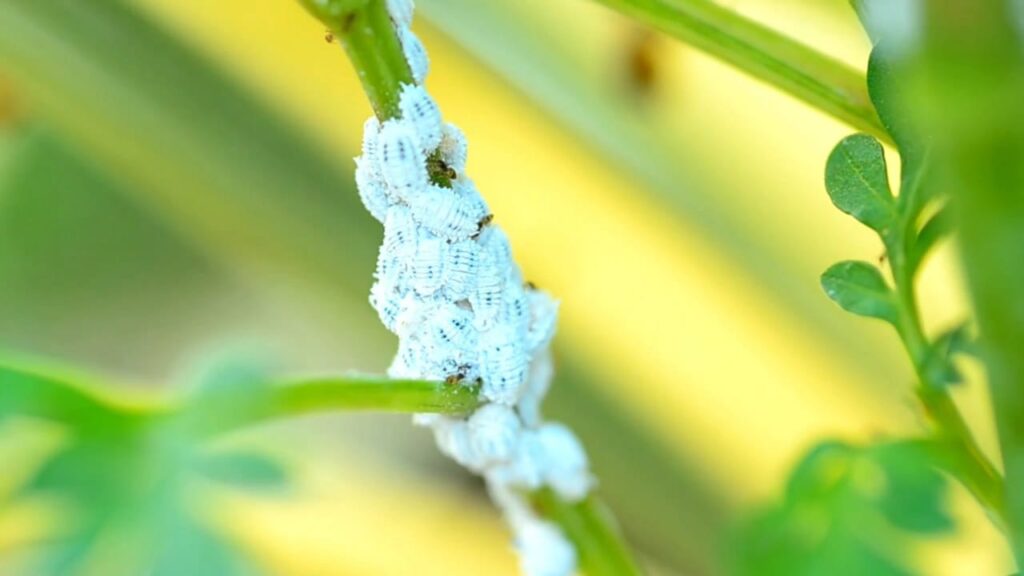
Its capacity to stop fungal infections is one of the main advantages of this do-it-yourself cinnamon and baking soda spray. Many garden plants suffer from fungal diseases like powdery mildew, especially in humid or rainy circumstances. The components in this spray serve to provide an environment unfriendly to these fungi, hence stopping their proliferation and harm to your plants.
Sodium bicarbonate, or baking soda, acts by increasing the pH on the leaf surface. This alkaline atmosphere is a good way to regulate and prevent fungal infections since it makes it hard for fungi to flourish. Conversely, cinnamon is a well-known natural antifungal agent that helps destroy or slow the growth of dangerous fungus. These two components, taken together, help naturally prevent fungal diseases in your plants without using hazardous pesticides.
2. Promoting Root Development
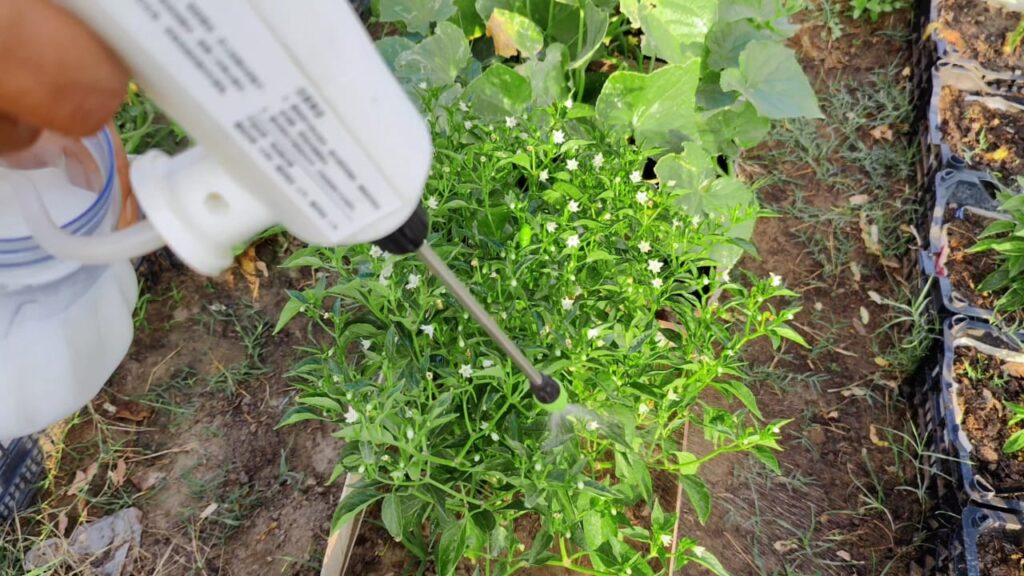
Apart from stopping fungal diseases, this DIY spray can also encourage root development and general plant health. Plants need healthy roots to effectively absorb water and nutrients, and both cinnamon and baking soda help to assist this development.
Baking soda balances the pH in the soil surrounding your plants, so fosters an environment where roots may develop freely and absorb nutrients more efficiently. The spray’s cinnamon has natural chemicals that help promote root growth, so supports robust, deep roots that enable your plants to withstand environmental stresses, including temperature changes or drought.
3. Deterring Pests
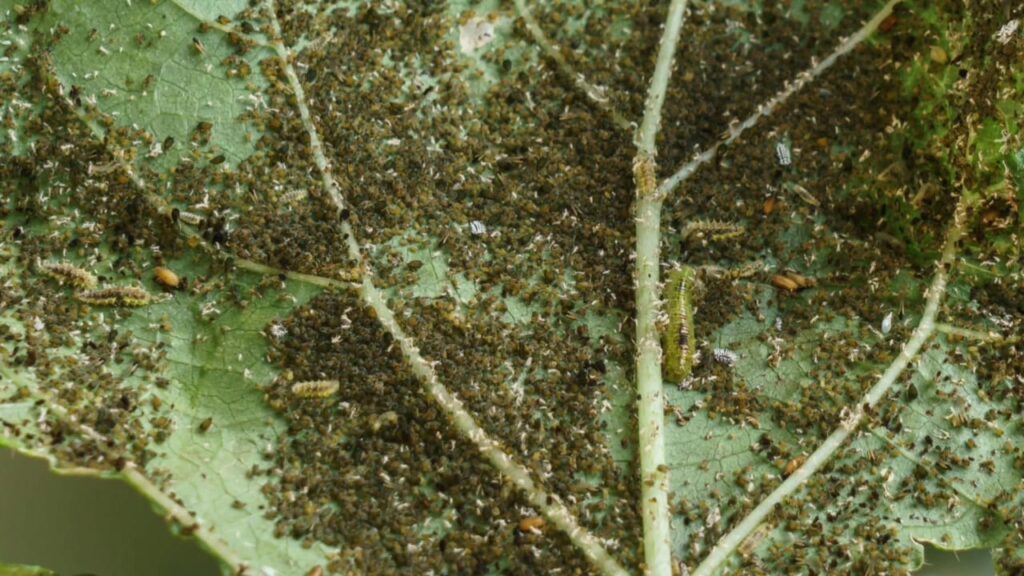
This DIY spray’s capacity to discourage ants and other insects, as well as others that could damage your plants, is another benefit. Cinnamon is a natural insect repellent; when used at the base of plants or around the garden, it helps to keep pests away. Many insects find the strong scent of cinnamon offensive, and its antibacterial qualities help to stop diseases spread by pests as well.
Using this natural remedy can help you to lower the need for artificial pesticides, which could endanger beneficial insects and the larger ecosystem of your garden. Rather, you build a better, more sustainable habitat where your plants flourish free from the threat of damaging pests.
4. Easy & Quick to Prepare
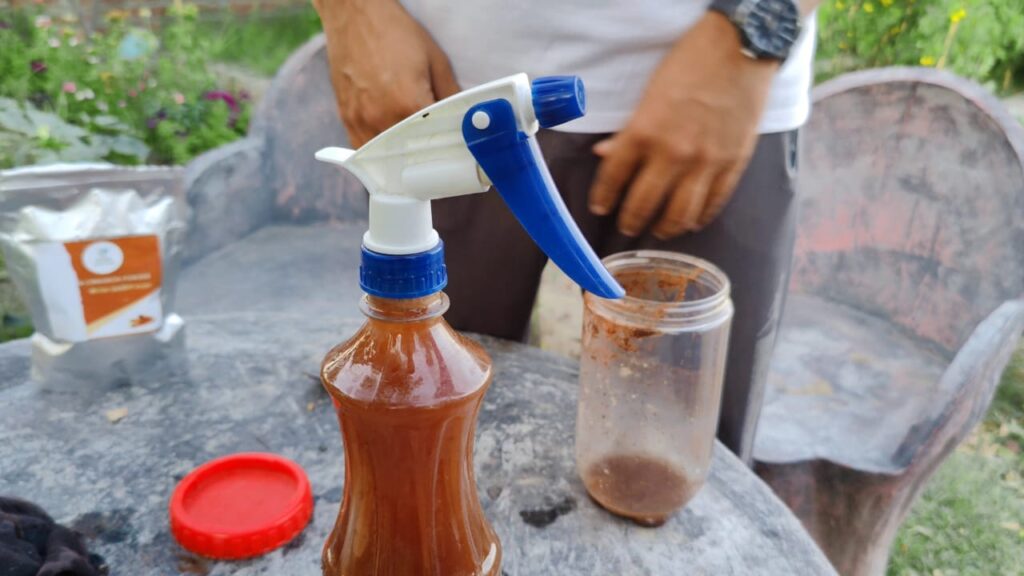
Making this cinnamon and baking soda spray at home is one of its finest features. You can create a potent plant care solution in just a few simple steps with just two ingredients: ground cinnamon and baking soda. You only need warm water to dissolve the components, and then you will have a spray ready to use on your plants.
This cheap DIY method also ensures you know exactly what’s in the solution. Unlike many commercial treatments that use synthetic chemicals, your DIY spray is entirely organic and safe for your plants, the soil, and the surrounding environment.
5. A Non-Chemical Substitute
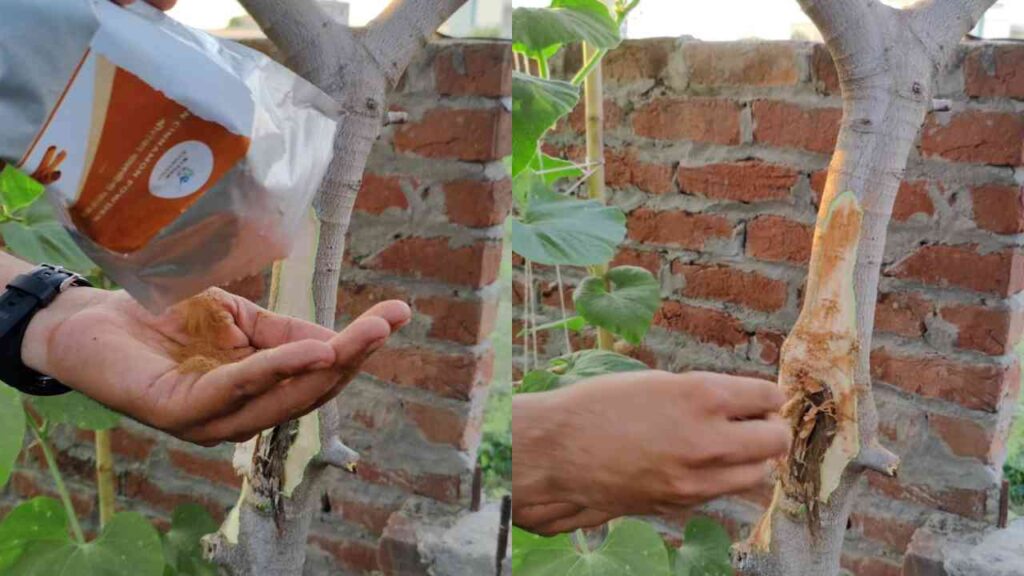
This cinnamon and baking soda spray is a wonderful illustration of how you may organically care for your plants in a time when many gardeners are adopting sustainable and eco-friendly approaches. Avoiding strong chemicals helps you to lessen the effect of your gardening methods on the environment as well as on beneficial insects and animals that could suffer under traditional pesticides or fungicides.
Using organic treatments like this one guarantees that your fruits and vegetables are grown without toxic residues, so ensuring their safety for consumption and enjoyment. This spray is a wonderful supplement to your regimen for gardeners who wish to maintain a more holistic, natural approach to plant care.
Best Practices for Application.
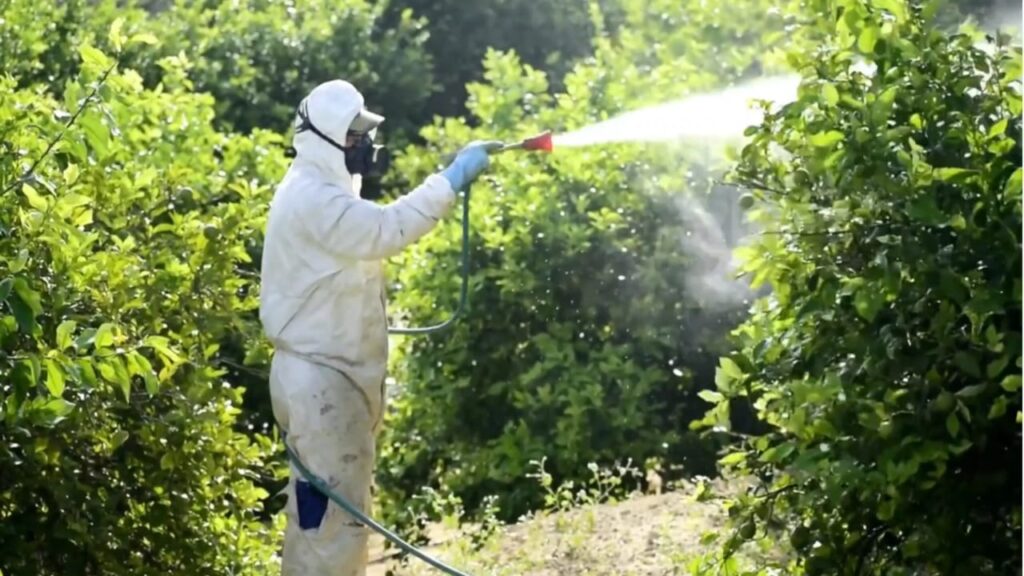
To maximize this homemade plant spray, keep a few important things in mind:
Early morning or late afternoon are ideal times to use this spray. Avoid spraying in the midday sun since the heat could cause the solution to evaporate fast, hence lowering its efficacy.
Make sure you spray the solution evenly on all the leaves and stems, especially the undersides, where fungal infections are most likely to form.
Apply the spray often—usually once a week or following heavy rain—for best benefits.
Following these easy instructions will help the spray to remain on the plants longer, allowing it enough time to function and defend against fungal development, pests, and diseases.
Why Cinnamon and Baking Soda Work?
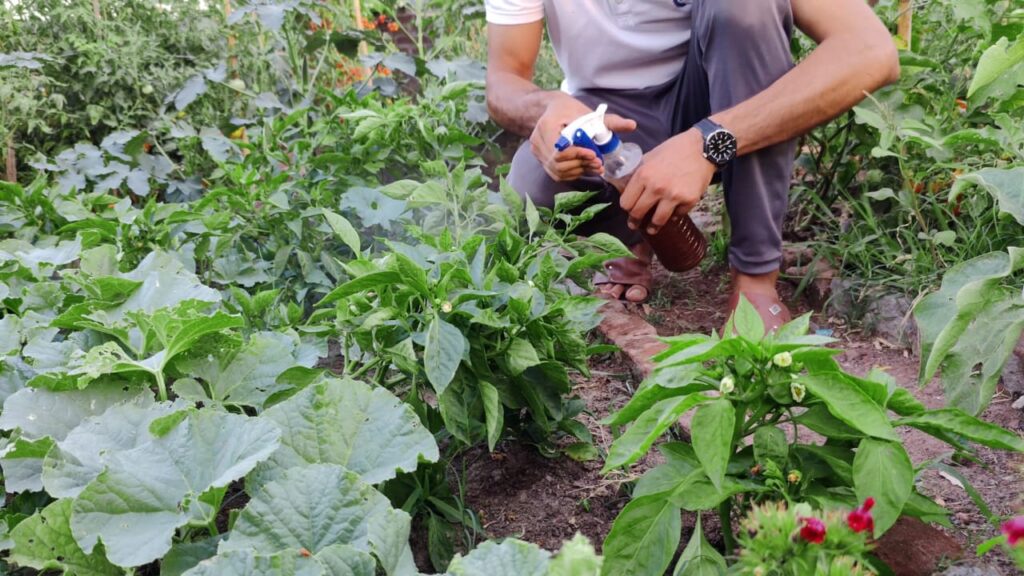
Why these two components are so beneficial for plant health deserves additional examination:
Known as sodium bicarbonate, baking soda is a naturally alkaline chemical that can help stop fungal infections. By raising the pH on the leaf surface, baking soda creates a hostile habitat for fungus. It’s especially beneficial for controlling fungal illnesses, including powdery mildew. Used in moderation, baking soda is also mild enough not to damage your plants.
Ground Cinnamon: A well-known natural antibacterial and antifungal is cinnamon. It works wonders for treating and preventing plant illnesses brought on by bacteria and fungus. Apart from its capacity to combat plant illnesses, cinnamon also helps to prevent insects like ants from invading your plants, so safeguarding them from harm.
These two components taken together provide a strong, all-natural remedy that promotes plant growth and guards against typical gardening issues.
Final thoughts: Natural Plant Care
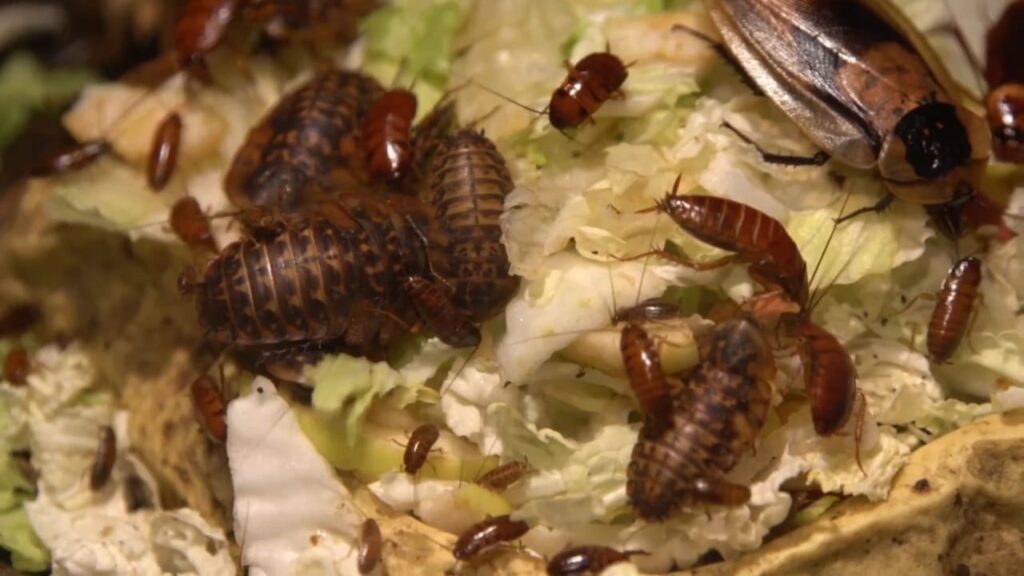
Your gardening armory includes this homemade cinnamon and baking soda spray, a straightforward yet powerful tool. All without chemicals, it’s a cheap and environmentally beneficial approach to prevent fungal diseases in your plants, encourage healthy root development, and discourage pests. Including this spray in your usual gardening practice will help your plants to be healthy, strong, and flourishing.
Should you possess any other organic pest control techniques or gardening advice, we would be eager to learn about them! Kindly post them in the remarks below. Should you appreciate this article, remember to like it and look at the other articles connected below for more gardening information, recipes, and suggestions. Enjoy your gardening!

